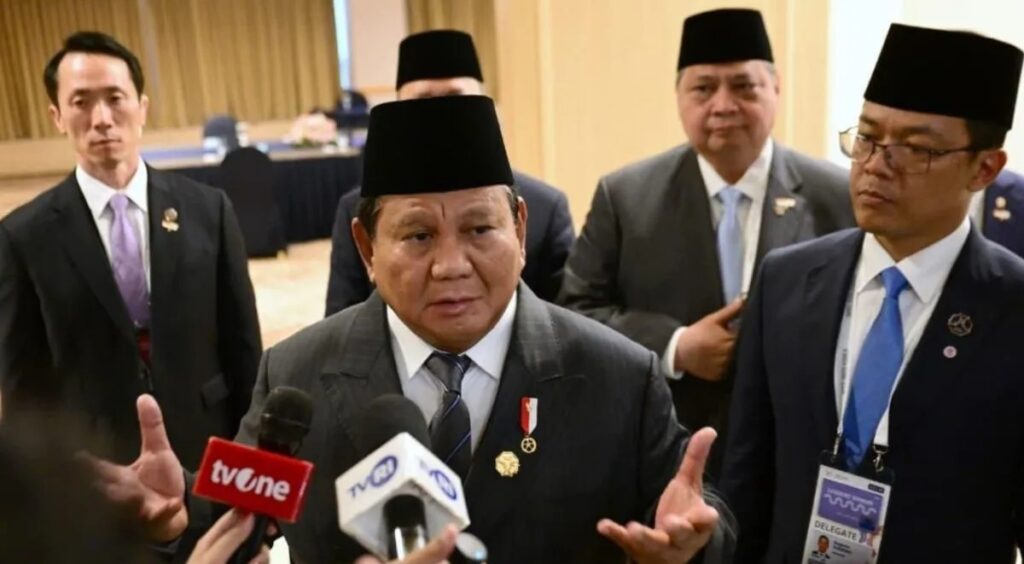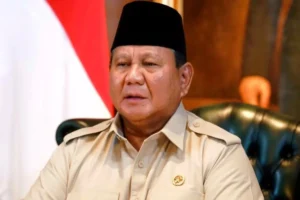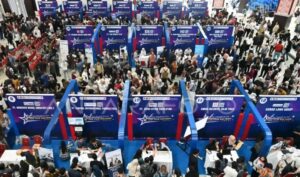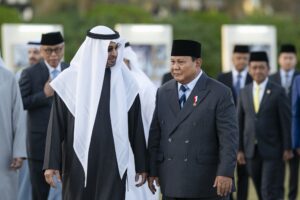Indonesia, US Continue Negotiations on Zero-Percent Import Tariffs

Jakarta, The Gulf Observer: Indonesia’s President Prabowo Subianto has confirmed that negotiations with the United States on implementing zero-percent import tariffs are still in progress, as part of efforts to strengthen bilateral trade relations and expand market access for Indonesia’s key export commodities.
“Yes, negotiations are still ongoing,” President Prabowo stated on the sidelines of the 2025 APEC Summit in Gyeongju, South Korea, on Friday. The discussions are aimed at enhancing trade cooperation and ensuring more competitive terms for Indonesian exports in the US market.
On the same occasion, Coordinating Minister for Economic Affairs Airlangga Hartarto said that detailed talks with the US would resume after the summit. He explained that Indonesia’s proposal covers commodities similar to those included in Malaysia’s recent trade agreement with the US—namely palm oil, cocoa, rubber, and other goods not produced domestically in America.
Hartarto also clarified that discussions concerning critical minerals are being conducted separately, focusing on ensuring secure and sustainable supply chains. “Critical minerals are being discussed separately, related to the supply chain,” he said. “In the joint statement, we refer to them as industrial communities.”
Indonesia is particularly seeking to reduce import tariffs on palm oil exports to zero percent, following Malaysia’s example. “This (palm oil tariff negotiation) is still in progress. Hopefully, in the discussions, we can at least be on par with Malaysia,” said Acting Director General of Agro-Industry Putu Juli Ardika on October 29.
Ardika highlighted Malaysia’s recent success in lowering US import tariffs from 25 percent to 19 percent under its newly signed reciprocal tariff agreement with Washington. Under that agreement, Malaysia’s major export products—including palm oil, rubber, wood products, aviation components, and pharmaceuticals—benefited from either full exemption or significantly reduced tariffs.
He expressed optimism that a similar arrangement would enable Indonesia to strengthen its competitiveness in the American market. “A fair and reciprocal trade framework will create equal opportunities for Indonesian exporters,” Ardika said.
The ongoing negotiations underscore Indonesia’s commitment to advancing fair trade practices and ensuring that its leading export sectors—especially agriculture and manufacturing—remain globally competitive.


